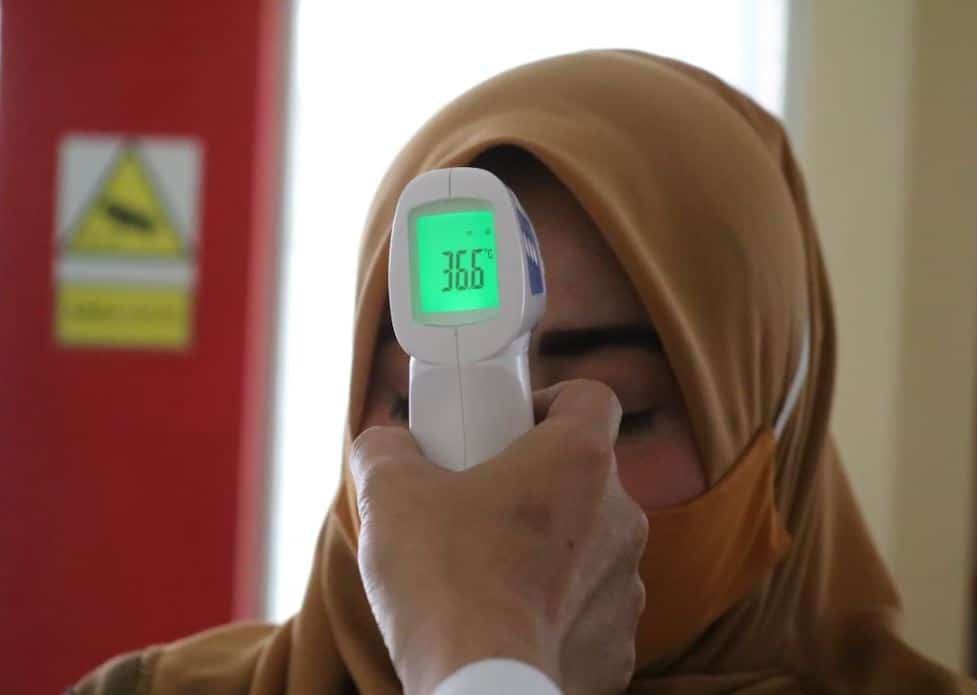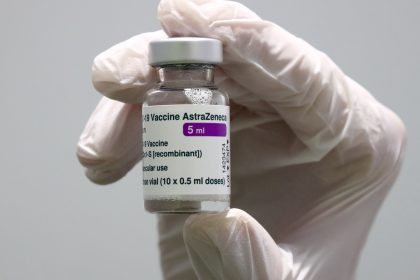Temporal Thermometers May Miss Fevers in Black Patients

ATLANTA — Emory University researchers have found that the use of temporal artery — or forehead — thermometers, which measure temperature through the skin using infrared technology, do not detect fevers as accurately as oral thermometers in hospitalized patients who are Black.
Missed fevers could lead to delays in diagnosis, delays in antibiotics, and possibly even an increased death rate in Black patients, according to the researchers.
The findings were published as a research letter in the Sept. 6, 2022, issue of the Journal of the American Medical Association.
“Similar to recent studies with pulse oximeters missing hypoxemia — or low concentration of oxygen in the blood — in Black patients, this study found missed fevers in Black patients when using temporal thermometers versus oral thermometers,” said Dr. Sivasubramanium Bhavani, an assistant professor at Emory University School of Medicine and first author on the JAMA publication.
“We found White patients had little variation between temporal and oral thermometer readings,” Bhavani said.
The retrospective study involved 4,375 adult patients admitted to four Emory Healthcare hospitals between 2014 and 2021.
Of those patients, 2,031 self-reported as Black and 2,344 self-reported as White. For each patient, the first pair of oral and temporal temperatures measured within one hour of each other were recorded within the first day of hospitalization.
The researchers found lower odds of detecting fevers in Black patients using temporal compared to oral thermometers. In contrast, temporal thermometers were not significantly different from oral thermometers in White patients.
The researchers note that although the absolute difference between oral and temporal temperatures was small, this discrepancy combined with commonly used fever cut-offs leads to fevers going undetected in many Black patients.
“This study showed a lower odds of identifying fevers in Black patients with temporal thermometers, while there was no significant difference in White patients,” Bhavani said.
“This is an important finding because health systems routinely use fever cut-offs to alert or notify team members about care pathways, such as sepsis alerts to deliver timely triage and antibiotics. If fevers are going undetected, then alerts are not being activated. The differences in detection of fevers could lead to delays in antibiotics and medical care for Black patients.”
The research was funded by a grant from the National Institutes of Health and the National Institute of General Medical Sciences.
Dan can be reached at [email protected] and at https://twitter.com/DanMcCue.

























